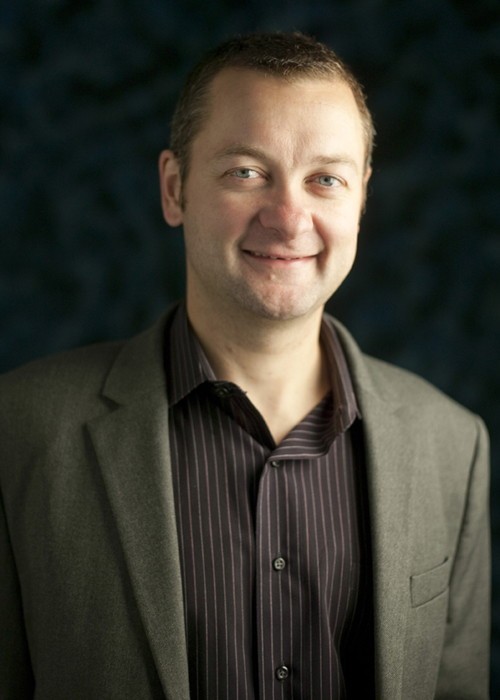Manitoba organizations at war with diabetes
Child health scientist looks at preventing Type 2 diabetes in youth
Organizations across Manitoba are fighting back against a disease that alters hundreds of thousands of Canadian lives every year.
“Type 2 diabetes is very prevalent among youth in Manitoba,” said Dr. Jonathan McGavock, a scientist with the Manitoba Institute of Child Health.
McGavock is attempting to root out and prevent diabetes among young people through the Power Trial program, a research study whereby Manitoba youth undergo a strenuous exercise regimen in order to correct past lifestyle mistakes.
“The rates of diabetes among our youth are 12 times higher than anywhere else in Canada,” he said. “[With the Power Trial] we wanted to look at the role of exercise in preventing Type 2 diabetes.”
The goal? To determine the best dose of physical activity for preventing the disease among youth.
According to the Public Health Agency of Canada and the Canadian Diabetes Association, diabetes has been diagnosed in nearly 1.9 million Canadians as of 2005-2006. That number is expected to increase up to 3.7 million by 2020.
Only 10 per cent of those diagnosed with diabetes have Type 1, a non-preventable form of the disease. The remaining 90 per cent have Type 2 diabetes, where the body becomes resistant to insulin, a natural hormone that absorbs and helps convert glucose into energy.
Type 2 diabetes has been linked to lifestyle choices that are preventable. It can result in a series of health complications as glucose builds up in the blood, including heart attack, stroke and premature death.
“Although all results are preliminary, we have seen a correlation between higher intensity exercise and an improvement in insulin sensitivity,” said McGavock.
The Power Trial is available for eligible adolescents between the ages of 13 and 18. Upon being admitted into the trial, the kids partake in six months of hour-long exercise sessions three times a week at YMCA locations all over Winnipeg.
However, more than just Manitoba adolescents are at-risk for Type 2 diabetes.
The Canadian Diabetes Association estimates that Canadian aboriginals are three to five times more likely than non-aboriginals to develop Type 2 diabetes.
Elma McKay is the physical research co-ordinator for the Wa Wa Tay Fitness Centre located north of Winnipeg in the Garden Hill First Nations community.
She knows firsthand about the effect diabetes can have on First Nations communities, particularly in the North. The fitness centre has tried desperately to curb diabetes rates in her community.
“A quarter of our community is diabetic and the rest are at-risk ... it’s up to us to educate [them] on what diabetes is all about,” she said of the centre, which is funded by the Manitoba Health Research Council.
Exercise participants have their blood sugar levels tested before and after they exercise. Employees promote that exercise through various weight-loss challenges, she said.
Others argue that the provincial government could do more to stave off the diabetes epidemic.
“Aboriginal communities need more subsidies for transporting foods to make healthier options in the North more available [and affordable],” said Nicole Choptain, a nutritionist with Natural Essentials, a holistic health centre in Osborne Village.
McKay estimated that a bag of potato chips in Garden Hill costs around $5, while a bag of oranges or apples would set a family back between $13 and $14, due to higher transportation costs and a lack of government food subsidies.
The Power Trial is set to end by January – March 2012 and is currently looking for 60 more eligible adolescents to enrol before that date. Visit www.thepowertrial.com/contact-us for information.
Published in Volume 64, Number 24 of The Uniter (March 25, 2010)








